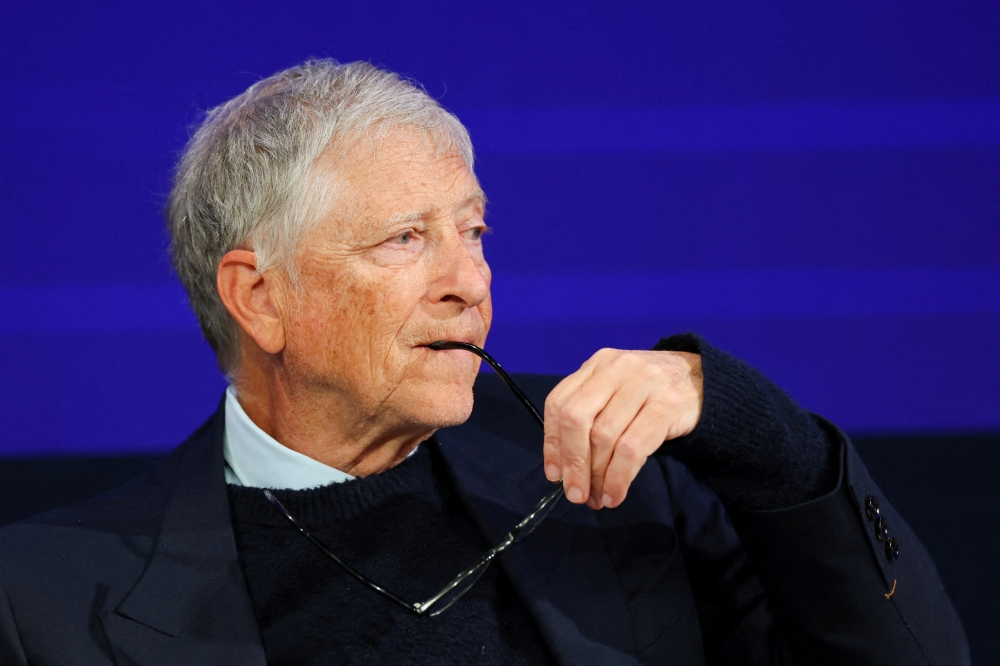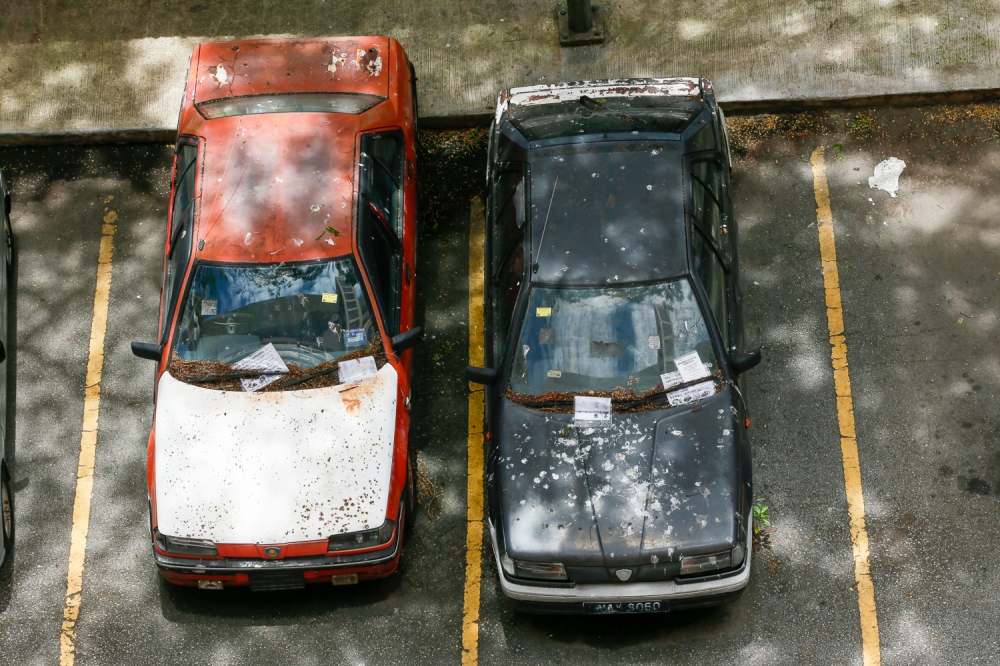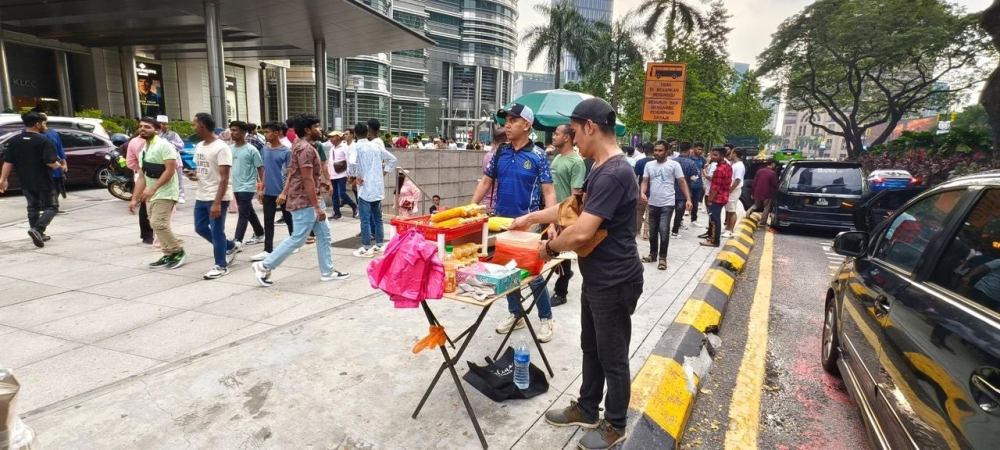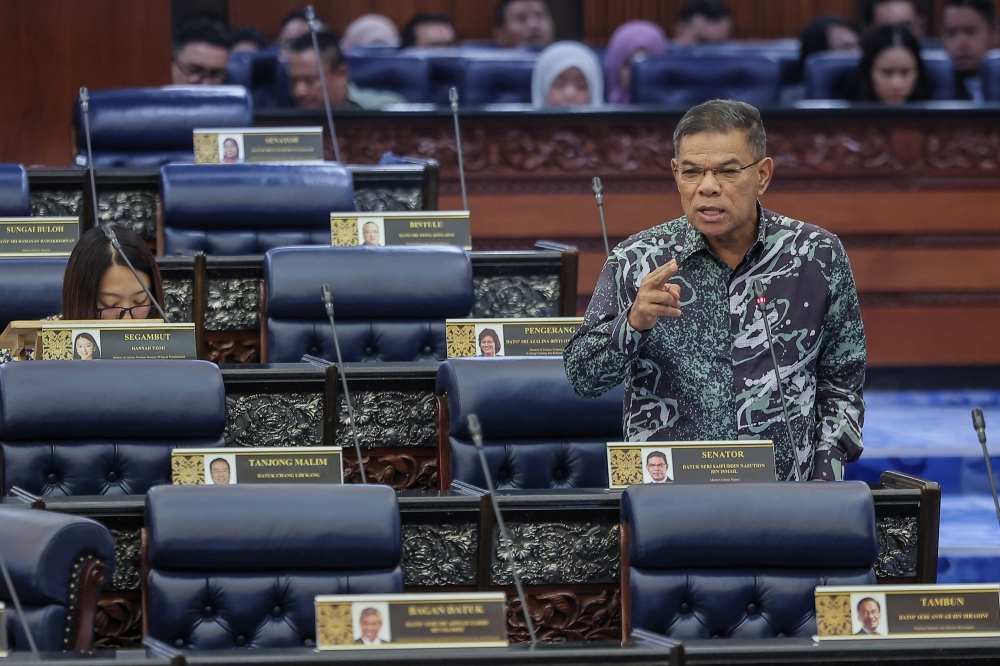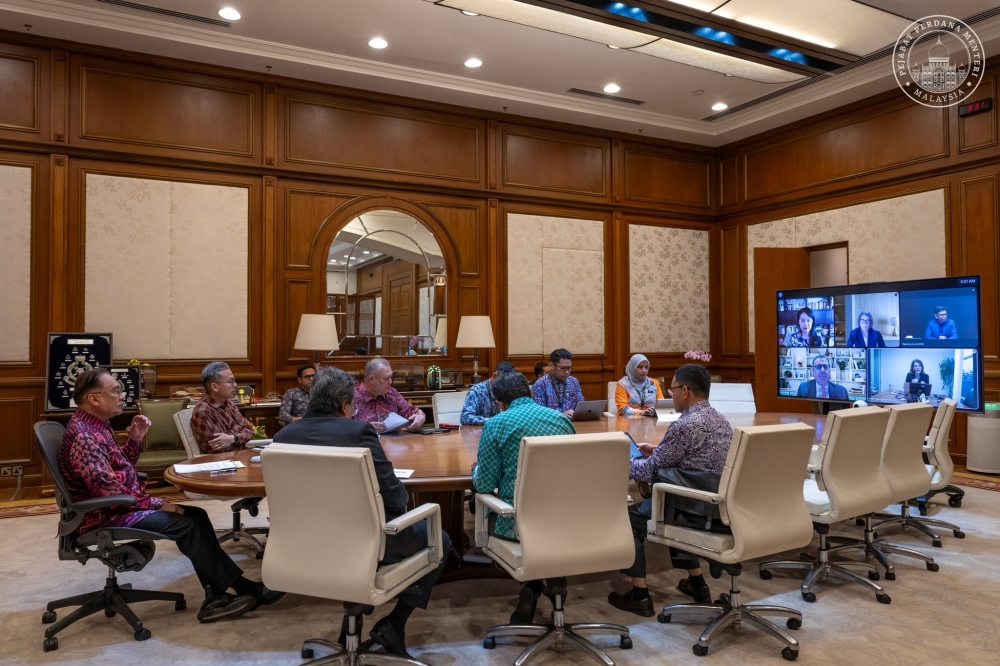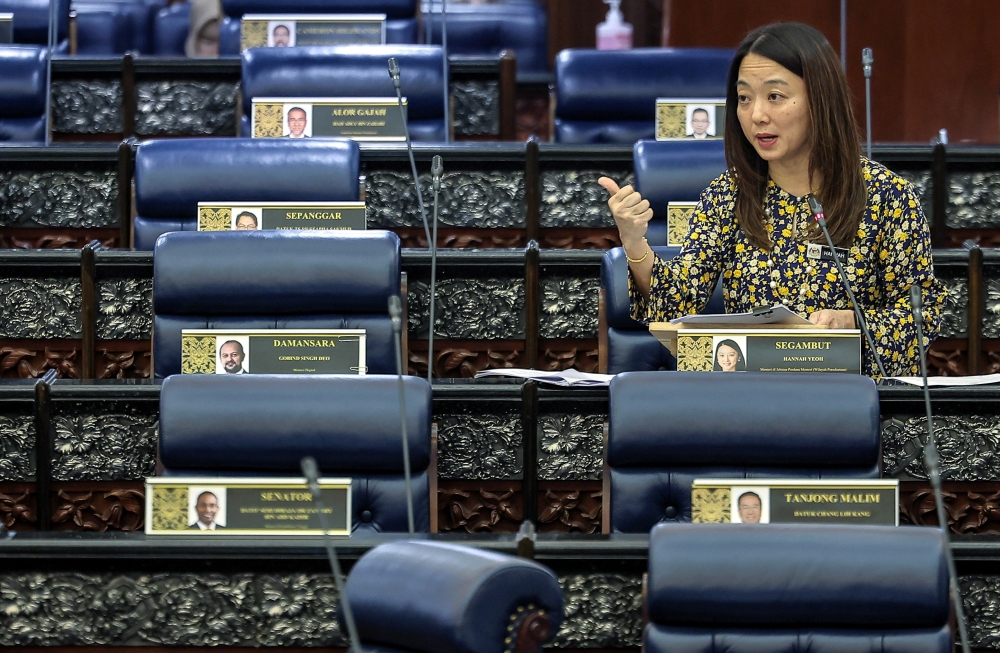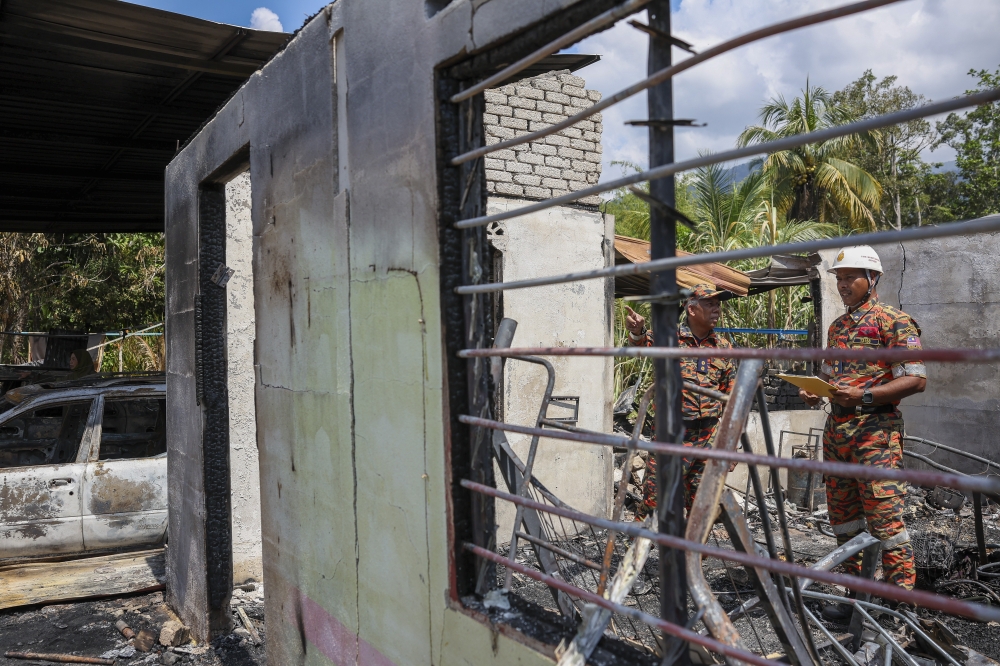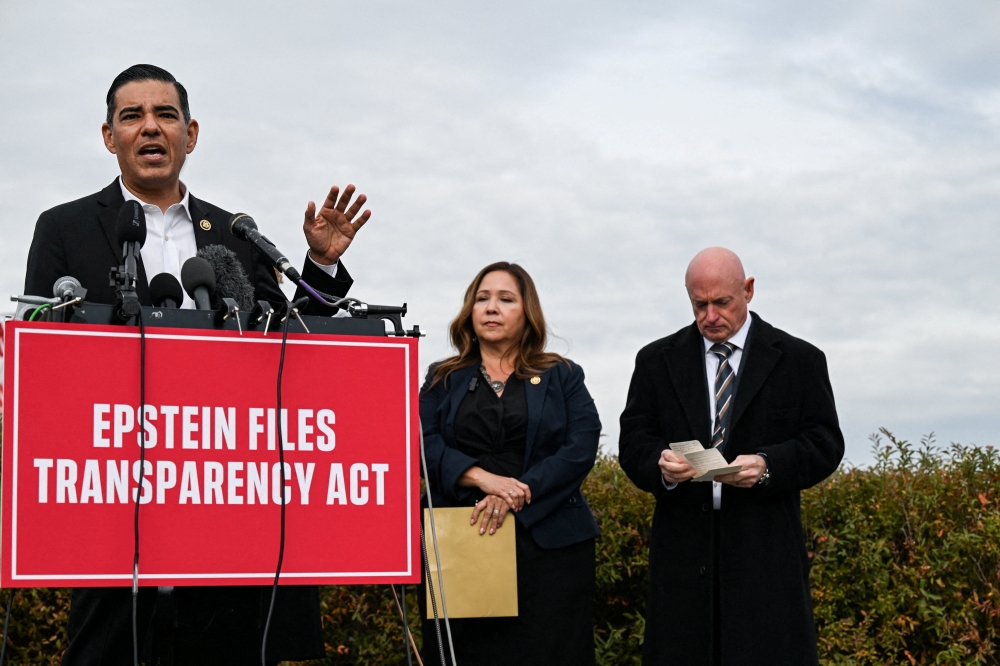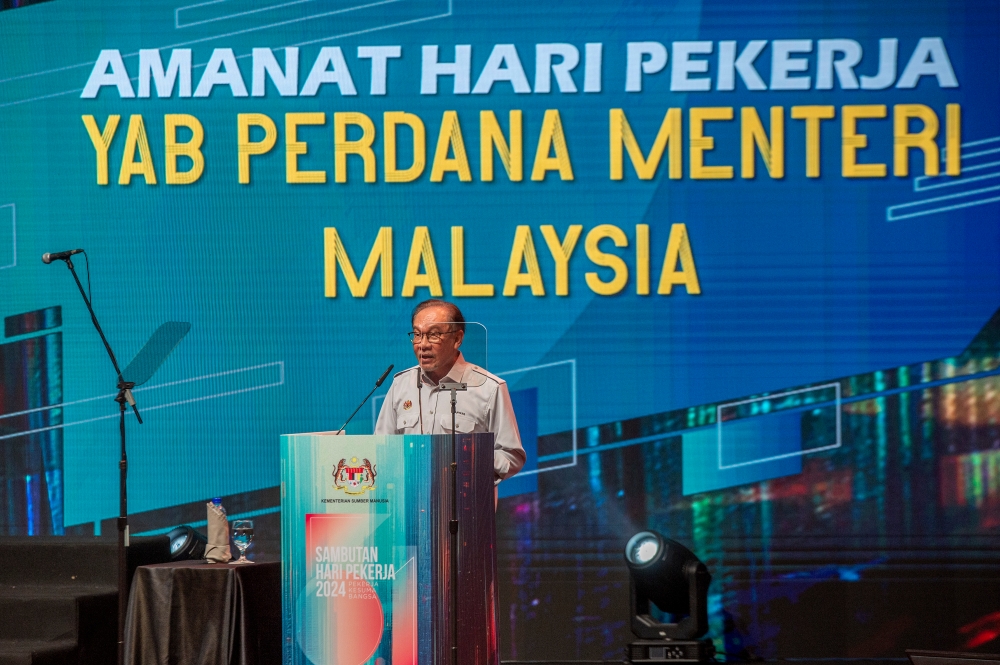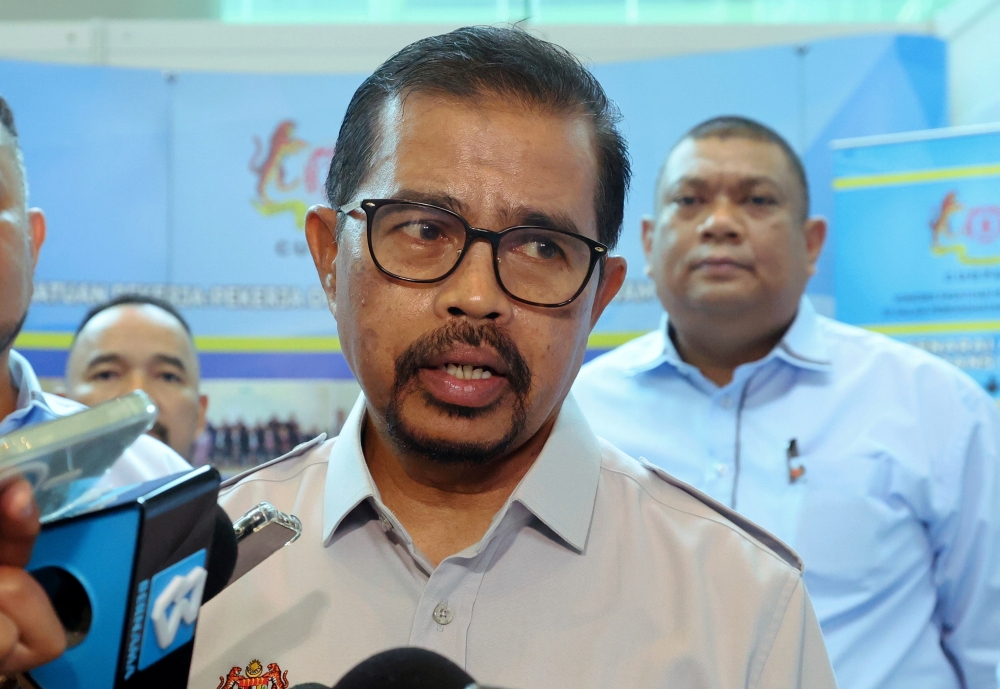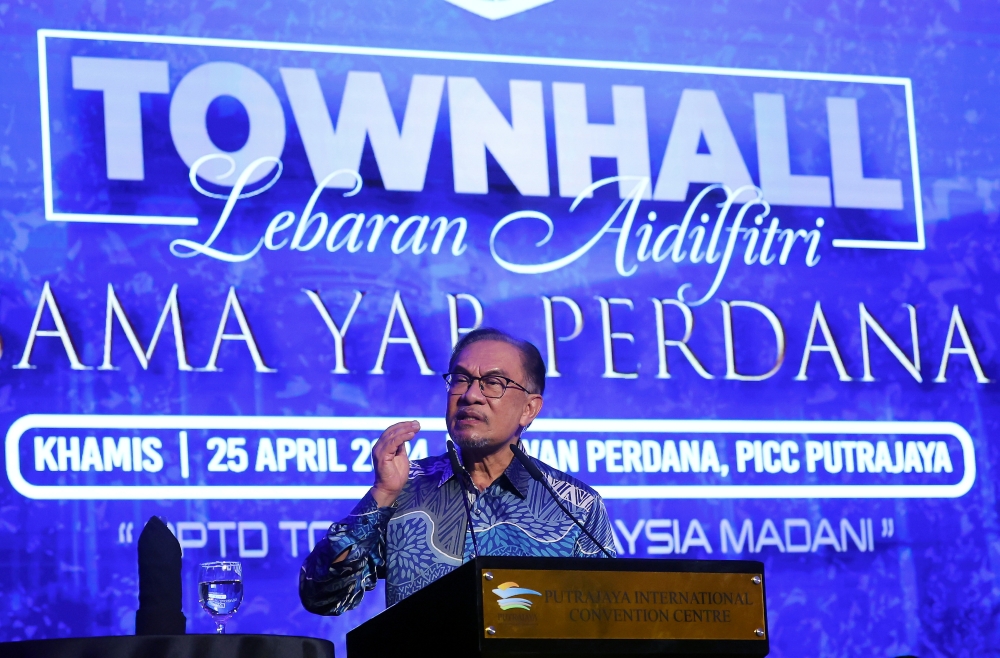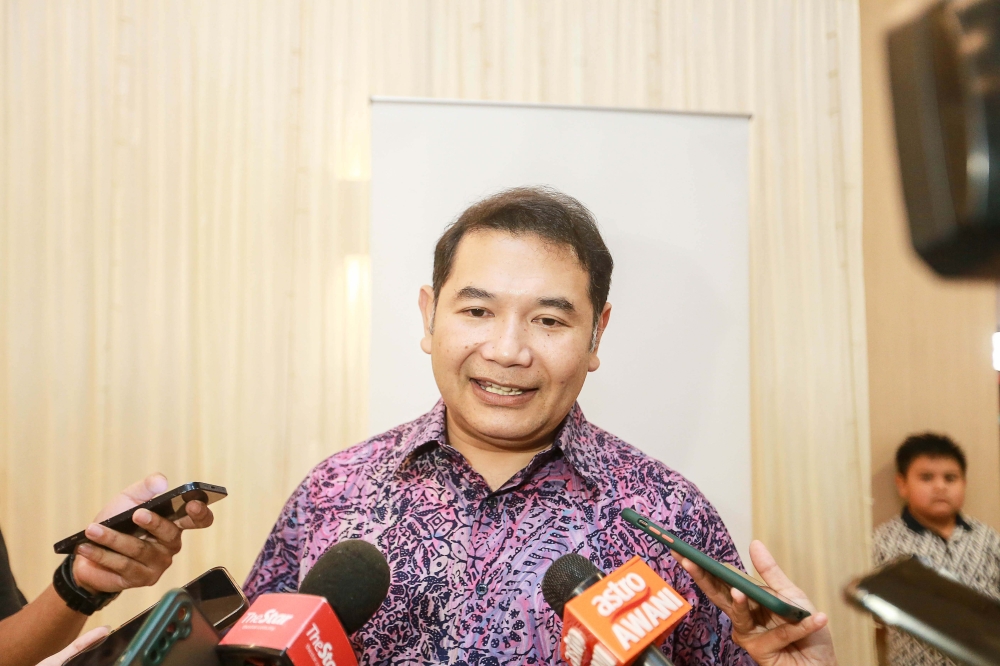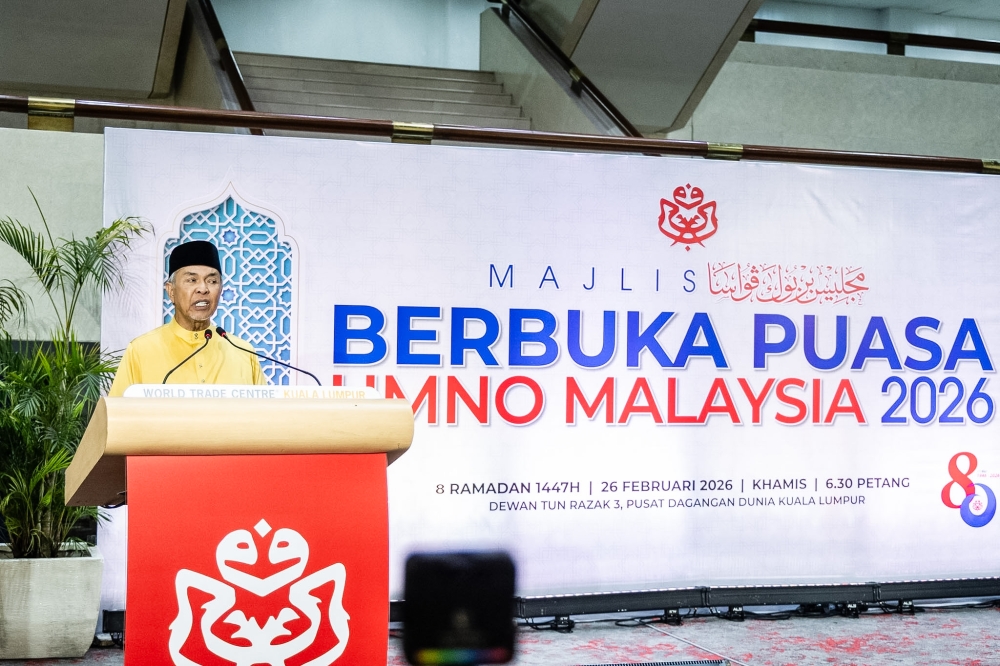KUALA LUMPUR, May 8 — Economists believe the public will watch closely how Prime Minister Datuk Seri Anwar Ibrahim’s government plans to fund the record rate pay hike for its huge public sector that is set to add RM10 billion more to its already big wage bill.
Anwar announced the hike at a symbolic Labour Day celebration last week, where he suggested the increment would likely be more than 13 per cent as part of a wider civil service pay system revamp that would see the floor rate raised to a minimum of RM2,000.
He touted it as the highest increment to date although some of his critics have challenged the claim. The announcement immediately fuelled speculation about where the money to foot the bill would come from, and if it could affect future budgets amid the government’s effort to trim spending.
Lee Heng Guie, Socio-Economic Research Centre economist and executive director, said some funding could come from subsidy cutback savings but the government would still have to reallocate a big portion of that savings back into targeted subsidies, which means there may be little left to fund the salary increment.
“So whether there is enough from this savings from subsidies to pay for the wage hike isn’t clear, so we may see other measures to raise revenue,” he said.
The Anwar government spent over a third of its operating expenditure on salaries, pensions, and allowances under Budget 2024, some RM100 billion. While the wage bill to gross domestic product (GDP) is said to be lower compared to other countries with the same income level, the ratio of emolument-to-revenue is among the highest.
Anwar, who is also finance minister, has repeatedly signalled his intention to reduce the government’s subsidy bill despite facing mounting public fear that floating petrol prices could add to inflationary pressure.
When he plans to do that remains unclear but Minister of Economy Rafizi Ramli suggested the “recalibration” could start this year. It is also unclear how the subsidies would be redistributed although there have been talks that the government is looking at monthly cash transfers as a potential disbursement mechanism.
Putrajaya pays up to RM25 billion a year for petrol subsidies alone but most of it is funnelled to high-income earners because of a blanket policy that has been put in place for decades.
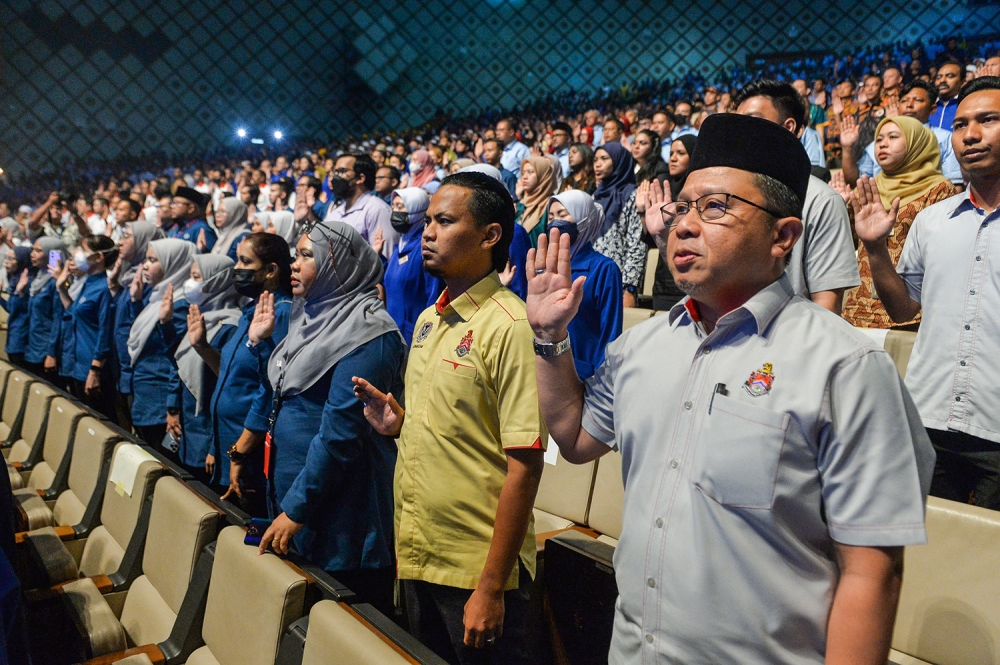
Zuohair Rosli, an economist, said savings from targeted assistance is likely the best way to fund the civil service pay hike.
“The impact on the budget is manageable. First, it will be a fair and just wage for the civil servants. Second, other components in government expenditure must be reformed,” he said.
“This (petrol subsidies) is bad spending because it benefits the rich more compared to the poor. The government spent about RM2 billion per month or RM24 billion per year for fuel subsidies which benefits the rich more. Fuel subsidies cost more than two times the cost for civil service salary hike.”
The government spent about 31 per cent of operating expenditure on paying off civil servant salaries this year. Next year, following this announcement, the portion allocated for emolument will increase to about 35 per cent, according to Zouhair’s estimates.
There are some talks that the government could continue borrowing to finance the pay hike, but several economists have warned against it.
“It’s not a good thing to finance the pay hike with a deficit. Good finance means you don’t use borrowing to pay for cost, you borrow to develop,” he said.
Public debt stood at RM1,172.5 billion in 2023, making up for 64.3 per cent of GDP compared to RM1,079.6 billion or 60.3 per cent of GDP in 2022.
From 2009 to 2024, the debt service bill has increased from 9 to 16 per cent. The amount the government is spending to pay interest on its debt rose from RM36 billion to almost RM50 billion this year.
Zouhair said while borrowing for development is necessary, it still needed to cut wastage if it wants to continue funding a pay hike.
“While taking debt is necessary for national development, taking more debt for the sake of mega-project-craze is just unnecessary and wasting money,” he said.
The Anwar government raised the sales and services tax rate for certain goods and services this year in a bid to increase its revenue, projected to reach RM312 billion. Up to 80 per cent of it will comprise tax collection.
Economists believe it’s unlikely that it would look at new taxes or raise it further to finance the additional spending for public sector emoluments.
“They’ve already raised the rate this year, so I don’t think tax is something they’d want to rely on,” Lee said.


